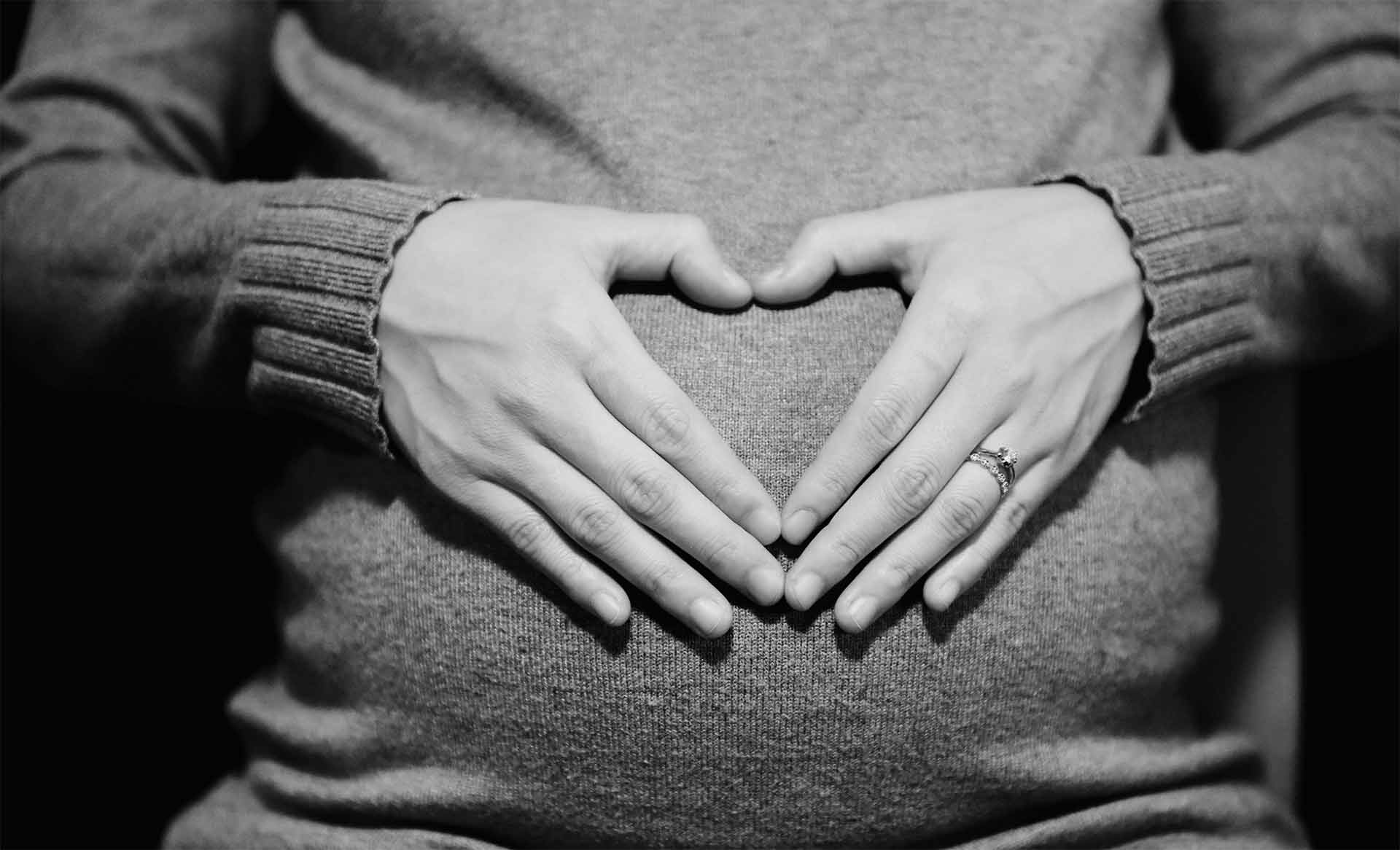Protecting your pregnancy when travelling
Drickus Maartens • November 14, 2019
Should you vaccinate during pregnancy?
What steps can pregnant women who are intending to travel take to protect their pregnancy? Are there vaccines available that can help to safeguard their health and that of their unborn baby? These are questions that Dr Pete Vincent of Netcare Travel Clinics
and Medicross
Tokai is commonly asked by expectant women who are travelling to countries requiring certain mandatory vaccinations, or to areas where specific health risks are prevalent.
“We recommend that pregnant women who intend travelling consult a travel doctor well in advance of their planned trip to obtain advice on which vaccines are safe to use and what measures they should take to best protect their health and that of their unborn baby,” advises Dr Vincent.
Dr Vincent says that inactive vaccines — such as the influenza vaccine and the quadrivalent vaccine are considered safe during pregnancy and are also important for newborn babies, who are entirely dependent on maternal antibodies to provide passive immunity protection against common viral infections.
“Netcare Travel Clinics therefore advises pregnant travellers to have the current southern hemisphere influenza vaccination at least two weeks prior to travelling, should they not already have done so. This is because pregnancy can make them more susceptible to complications should they contract flu, and it will also provide some protection for the newborn baby.”
He says it is especially important for all women to be vaccinated between 27 and 36 weeks during each of their pregnancies with the inactive quadrivalent vaccine, which provides protection against whooping cough, tetanus, diphtheria and polio, and also provides the newborn with maximum passive immunity from their mother.
“There has been a rise in the number of reported cases of whooping cough, which is potentially dangerous for newborn babies, both in South Africa and globally, so it is critical to be protected against this highly infectious virus. I would suggest that not just mothers-to-be, but anyone who is likely to come into contact with newborns, including fathers, child minders, siblings and grandparents, should be vaccinated against whooping cough,” notes Dr Vincent.
“This is particularly important when one considers that babies are born with little or no immunity against infections like whooping cough, which is responsible for an alarming number of newborn deaths every year, ensuring that mothers-to be receive this vaccine can provide important protection during a baby’s first months’ of life. According to the Centres for Diseases Control and Prevention [CDC] in the United States, a whooping cough vaccine can provide as much as 78% greater protection to the child during their first two months of life than if the mother had not been vaccinated during pregnancy.”
Dr Vincent says it should be noted that active vaccines such as for measles, rubella and chickenpox, rabies and others — which contain a live but weakened form of a particular virus — may carry a theoretical risk for the foetus and should not be administered during pregnancy unless there are special circumstances, for example if the expectant mother may have been exposed to rabies.
“The CDC and the South African Society of Travel Medicine advise women who are planning pregnancy and have not already had these vaccinations to consider having them administered before falling pregnant to protect themselves from infections such as measles, chickenpox and rubella, which can cause severe complications to the foetus during pregnancy.”
Dr Vincent emphasises that pregnant women who inadvertently receive an active vaccine should not become alarmed about it and consider terminating the pregnancy, as there are no documented cases of these inoculations causing harm to the foetus. However, he does advise that they should consult their doctor.
Expectant women who plan to visit an area where malaria is present should note that pregnancy greatly enhances the risk of developing potential complications should they contract malaria. There is no safe anti-malaria prophylaxis available for pregnant women and areas where malaria is prevalent should be strictly avoided.
Listererosis is a food borne bacterial infection that can have serious implications for maternal health, and be fatal for both unborn and newborn babies, warns Dr Vincent. This bacterial disease can be contracted by consuming contaminated processed deli meats or unpasteurised milk products, and he therefore advises pregnant women to be cautious about what they eat while travelling, when one is more inclined to consume foods on the go.
Dr Vincent explains that a healthy individual does not usually become seriously ill from a listeria infection, and even pregnant women are likely to only experience mild signs and symptoms. “It can, however, result in pregnancy loss and could cause meningitis in a newborn infant. For this reason, pregnant women who suspect that they may have contracted the infection should urgently consult their doctor, as prompt treatment with antibiotics can assist in preventing the infection from causing harm to the foetus,” he advises.
“Travel clinics, which are in constant contact with healthcare authorities around the globe in order to provide up-to-date information on health hazards and healthcare trends, are best placed to advise expectant mothers on how to protect their health during their travels,” concludes Dr Vincent.













